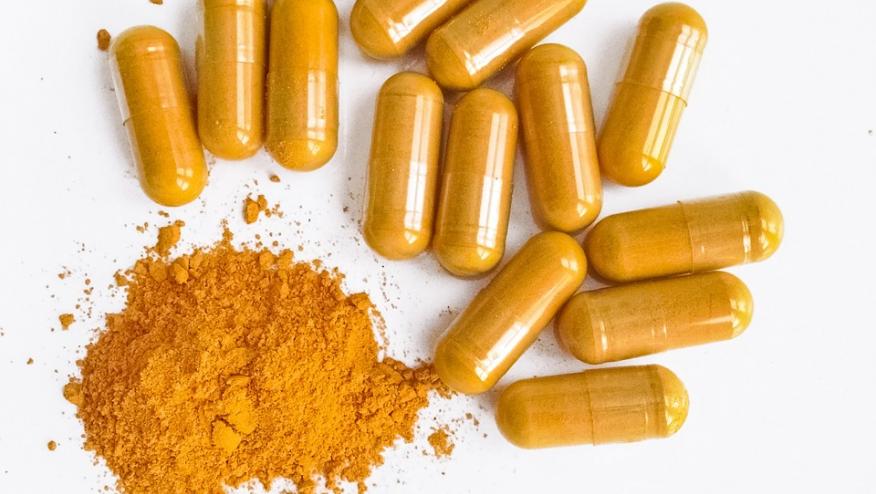The spicy topic of turmeric in rheumatoid arthritis Save

Curcumin, the active constituent of turmeric extract, has increasingly been promoted as a potential rheumatoid arthritis therapy, but data presented at ACR Convergence 2022 suggests that even in ideal situations, it is unable to do any better than placebo in replacing conventional rheumatoid arthritis therapies.
A common patient question in clinic is the role of turmeric, and whether it might help. Perhaps it should not surprise on multiple counts, not least of all because of our familiarity with it with cooking, and the desire for ‘food as medicine’. Although the amount in most food is negligible, and the active constituent, curcumin, may not have high bioavailability, it has been long used as an Aruyvedic therapy in India.
More recently, curcumin extracts have been widely marketed across the globe, and interest in them has escalated - particularly for both osteoarthritis and rheumatoid arthritis. This has been furthered by some limited success in in vitro studies and collagen-induced arthritis mice models. Many uncontrolled studies exist, but their true benefit is hard to interpret. Three small randomized trials in rheumatoid arthritis have been undertaken as open-label studies with short durations of therapy and small numbers of subjects.
Clearly, there is a serious need for larger, blinded randomized controlled trials to see whether any benefit exists at all in rheumatoid arthritis. Perhaps the ideal role might be in a patient with well-controlled disease activity looking to withdraw their existing treatments, to see whether curcumin might stop their RA from flaring, and this was exactly what was examined in a study undertaken by Dr. Padmanabha Shenoy and colleagues from Kochi, India.
They examined 200 RA patients who had been on conventional synthetic DMARDs and had been in DAS28 remission for at least six months without corticosteroids or NSAIDs, and had them undertake a protocolized csDMARD wean, with one agent at a time reducing dose by 25% every month. In this, they compared curcumin versus placebo for 52 weeks, and then monitored for flares. They also used piperine, a curcumin formulation with high bioavailability, ensuring that it was taken at the recommended dose, and they saw that it achieved recommended serum concentrations.
Under these conditions, curcumin made no advances over placebo in terms of preventing RA flares, with no difference in relapse-free survival, and in fact a numerically greater number of flares in the curcumin arm. The time taken to flare was also similar in both groups. While few serious adverse effects were observed, it should be noted many patients who were excluded may include those who currently access curcumin extracts from retail pharmacies.
This study overcomes many of the limitations of previous studies, and shows that a long duration of active curcumin is unable to replace conventional rheumatoid arthritis therapies any better than placebo. While no doubt it will not stop patients accessing curcumin, and while questions remain about whether it might have utility in osteoarthritis, it remains an important data point to dissuade its use in replacing established rheumatoid arthritis therapies.










If you are a health practitioner, you may Login/Register to comment.
Due to the nature of these comment forums, only health practitioners are allowed to comment at this time.